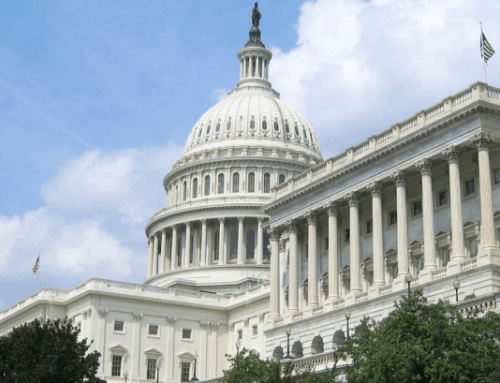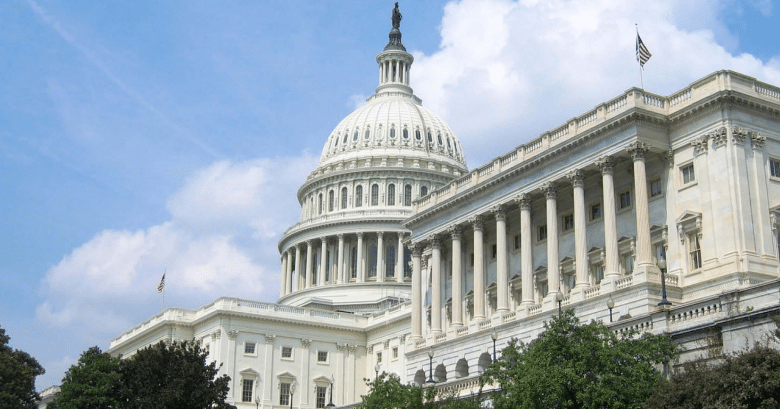In the days ahead, Congress stands ready to provide at least $3.4 billion in U.S. funding for the International Monetary Fund (IMF) as part of the Foreign Operations Appropriations bill.
The appropriation, approved by the Foreign Operations Subcommittee last week, would provide more funding for an institution which already reports hefty reserves. According to the Congressional Research Service, the IMF still has over $40 billion of available funds, even after the recent multi-billion dollar bailouts it has orchestrated. The data indicates that legislation to “replenish” the IMF with our nation's taxpayer dollars is unnecessary.
Pointing to the recent collapses of Asian markets and the possibility of further decline, as well as more specific troubles in Japan and Russia, proponents of the IMF are calling for quick action to add to the institution's resources. Taxpayers for Common Sense asks the question “Why?”
In addition to its available assets, the IMF has the authority under the General Arrangement to Borrow (GAB) to access another $23 billion line of credit.
Despite this fact, the IMF has requested that the United States contribute another $3.4 billion to a credit line called the New Arrangements to Borrow (NAB). These stated needs of the IMF should be met with the assets the organization already has.
Included in the IMF's assets are approximately $30 billion in gold reserves. Although supporters of additional funding for the IMF suggest that these reservesare virtually untouchable, the IMF Managing Director Michael Camdessus is on record to the contrary. In a September 26, 1996 interview, Mr. Camdessus told reporters he had enough backing to authorize the sale of five million ounces of gold if it is needed to support loans to countries in crisis. Clearly, the IMF possesses more than adequate resources that are readily available should the need arise.
There is no justification for committing more U.S. money to the IMF at this time. Doing so, it seems, would only be an act of pure fiscal irresponsibility.










